
Why showering before bed might be better for your health than in the morning?

Showering is an essential part of personal hygiene, but did you know that the timing of your shower might impact your health, sleep quality, and even your skin? While many people swear by morning showers to help them feel awake and energized, doctors and sleep experts suggest that taking a shower before bed could actually be more beneficial for your overall well-being. Here's why.
1. Improves Sleep Quality
One of the biggest advantages of showering at night is its positive effect on your sleep cycle. Taking a warm shower about 60–90 minutes before bed helps lower your core body temperature, signaling to your brain that it's time to sleep.
Scientific Insight: According to research published in the journal Sleep Medicine Reviews, a warm shower in the evening can help you fall asleep faster and enjoy deeper, more restful sleep.
2. Removes Allergens and Pollutants
Throughout the day, your skin and hair accumulate dirt, sweat, pollen, dust, and air pollutants. If you go to bed without washing these off, they can transfer to your pillow and sheets, potentially causing:
-
Breakouts
-
Skin irritation
-
Allergic reactions
-
Worsened asthma or respiratory issues
A nighttime shower helps you go to bed clean, reducing skin problems and breathing issues caused by lingering allergens.
3. Better Skin Health
Nighttime showers give your skin a chance to absorb moisturizers or treatments more effectively. After a warm shower:
-
Your pores open up, allowing skincare products to penetrate deeper.
-
Your skin stays hydrated longer since you’re not exposed to the sun or outdoor air immediately after.
If you struggle with acne, dry skin, or eczema, showering at night and applying treatments before bed can make a significant difference.
4. Reduces Stress and Promotes Relaxation
A warm shower at night acts like a natural stress reliever. The sensation of water on your body can relax tense muscles and calm the mind.
Tip: Add a few drops of essential oils like lavender or chamomile to your evening routine for a spa-like experience and enhanced relaxation.
5. Promotes Clean Bedding and Better Hygiene
When you shower before bed:
-
Your body is cleaner
-
Your bed stays fresher longer
-
You reduce the need to wash sheets as frequently
This is particularly important if you suffer from sensitive skin or body odor, or if you wear a lot of makeup or sunscreen during the day.
6. Helps Manage Hair and Scalp Health
Washing your hair at night gives it time to dry naturally, reducing the need for heat styling tools in the morning. This can help prevent:
-
Hair damage
-
Split ends
-
Dry scalp or dandruff
However, make sure your hair is completely dry before going to bed, as sleeping with wet hair can lead to fungal growth on the pillow and scalp irritation.
7. Ideal for Athletes or Physically Active Individuals
If you work out or engage in physical labor, nighttime showers are essential. They help remove:
-
Sweat
-
Bacteria
-
Toxins
This not only helps you feel fresher but also prevents body acne and body odor from lingering overnight.
8. May Reduce Morning Rush and Save Time
Starting your day with everything already taken care of can save precious minutes in the morning. With a night shower:
-
You can sleep in longer
-
Your grooming routine is shorter
-
Your mornings become less chaotic
Conclusion: Morning or Night?
While both have their advantages, showering at night offers a range of health and lifestyle benefits:
-
Enhances sleep
-
Promotes cleaner skin
-
Reduces stress
-
Helps maintain hygiene
If you're someone who values better rest and skin health, it might be time to switch your shower routine to the evening.
When You Should NOT Shower at Night
While showering before bed offers many health benefits - such as better sleep, relaxation, and cleaner skin - there are certain times when it’s not recommended. In some situations, showering at night could actually do more ha.rm than good. Here are the main cases when you should avoid it:
1. Right After Eating or Drinking Alcohol
If you’ve just had a heavy meal or consumed alcohol, it’s best to wait at least 1–2 hours before taking a shower.
-
After eating, your body directs blood flow to your digestive system to help with digestion.
-
Showering too soon can divert blood to the skin, slowing digestion and causing discomfort, nausea, or dizziness.
-
Alcohol also dilates blood vessels, and combining it with a hot shower may lower blood pressure and cause fainting.
2. When You’re Too Tired or Sleep-Deprived
If you’re already exhausted and feeling drowsy, avoid showering - especially with very hot or very cold water. Extreme temperature changes can cause sudden drops in blood pressure, leading to lightheadedness or fainting. It’s safer to rest first and shower after you regain some energy.
3. Immediately After Intense Exercise
It might be tempting to shower right after a workout, but your body needs time to cool down. Showering too soon - particularly with cold water - can shock your system, affect heart rate, and cause muscle cramps. Wait at least 20–30 minutes before showering to allow your body to stabilize.
4. When You’re Sick or Have a Fever
If you’re suffering from the flu or fever, avoid cold or late-night showers. Your immune system is already under stress, and sudden temperature changes can worsen symptoms or cause chills. If you must bathe, choose lukewarm water and keep the shower short.
5. Before Going to Bed With Wet Hair
Going to sleep with wet hair might seem harmless, but it can lead to:
-
Fungal growth on the scalp or pillow
-
Headaches due to trapped moisture
-
Weakened hair and split ends
Always make sure your hair is fully dry before lying down.
Tips for Safe Nighttime Showering
-
Use lukewarm water, not too hot or cold.
-
Shower 1–2 hours before bed to help regulate body temperature.
-
Avoid showering immediately after meals or workouts.
-
Dry your hair completely to prevent scalp issues.
-
Keep your bathroom warm to avoid catching a chill.
Conclusion
Showering at night is generally beneficial, but timing and body condition matter. If you’re sick, just ate, or exhausted, it’s better to wait. When done correctly, an evening shower can help you relax, sleep better, and wake up refreshed the next morning.
News in the same category

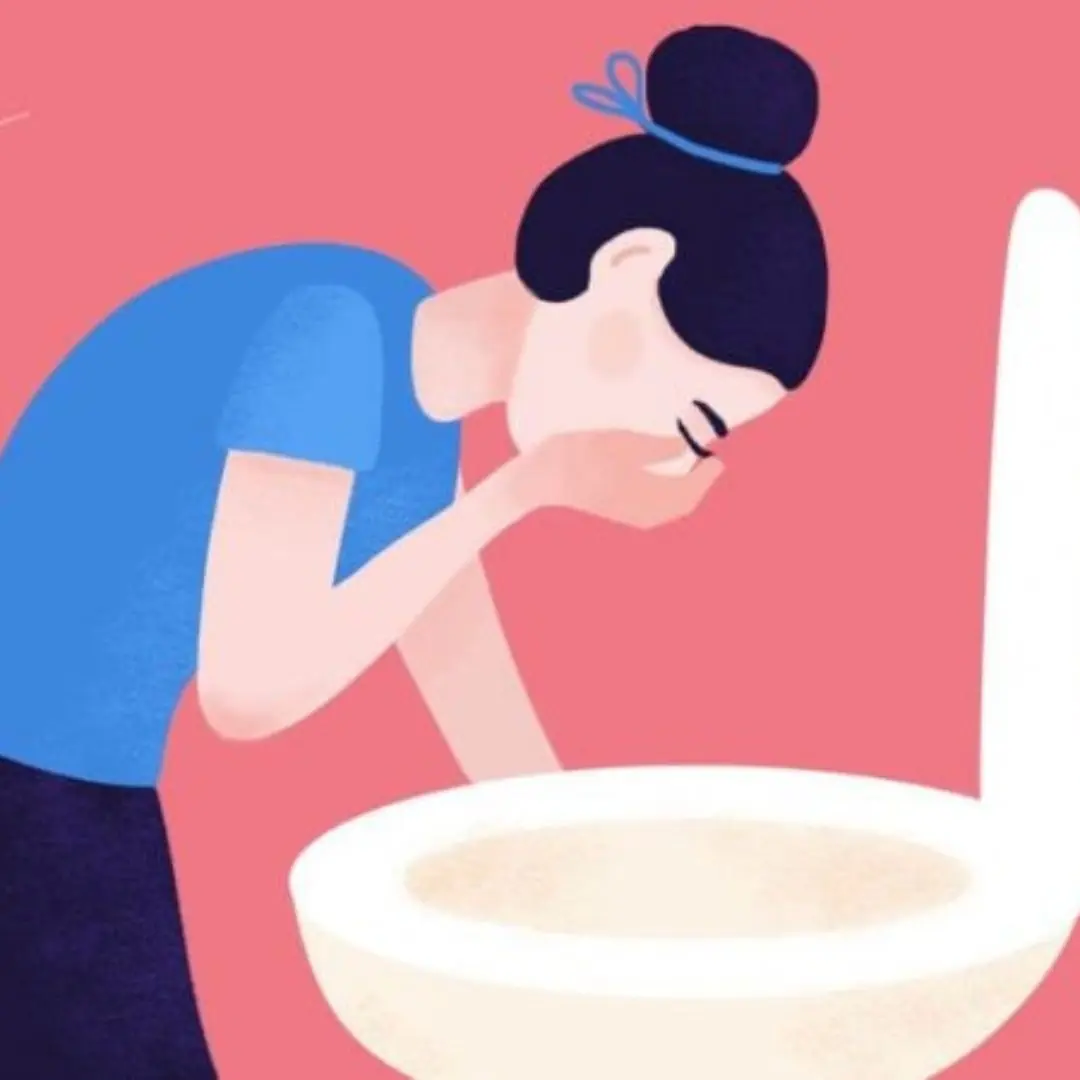
Which medical conditions are associated with nausea but no vomiting?
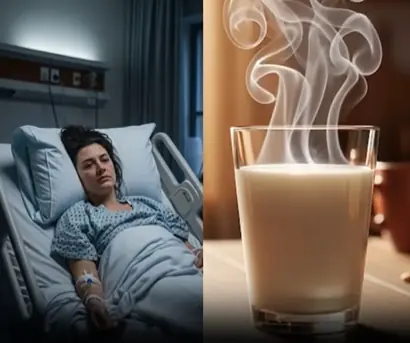
Young Woman Dies at 27 from Late-Stage Thyroid Cancer: Doctors Say It's Linked to a Pre-Bedtime Habit
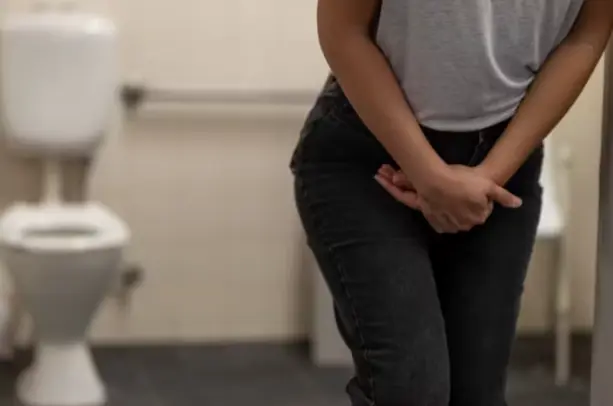
Why You Wake Up to Pee at Night (and How to Stop It for Good!)

If Your Kidneys Are in Danger, the Body Will Show these 10 Signs

A Type of “Vegan Fat” Rich in Potassium (12 Times More Than Bananas), Protein Equivalent to Eggs

What Happens to Your Body When You Regularly Eat Banana Blossoms?

3 Vegetables Japanese People Eat Often to Stay Youthful and Live Long
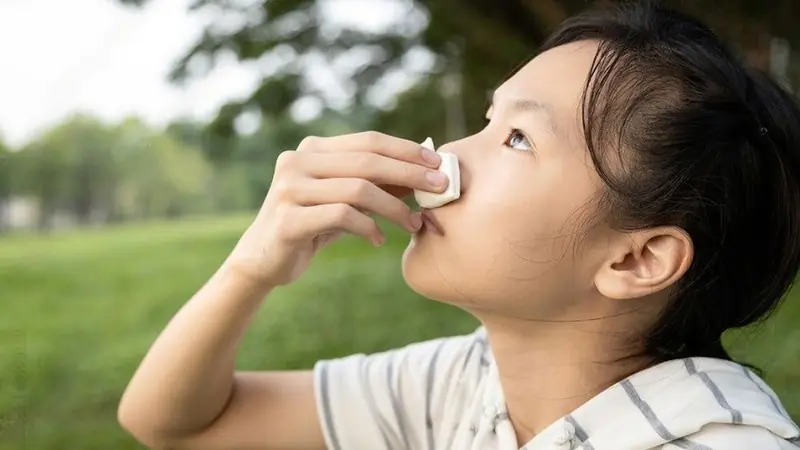
4 Warning Signs That Can.cer May Be “Knocking at Your Door”
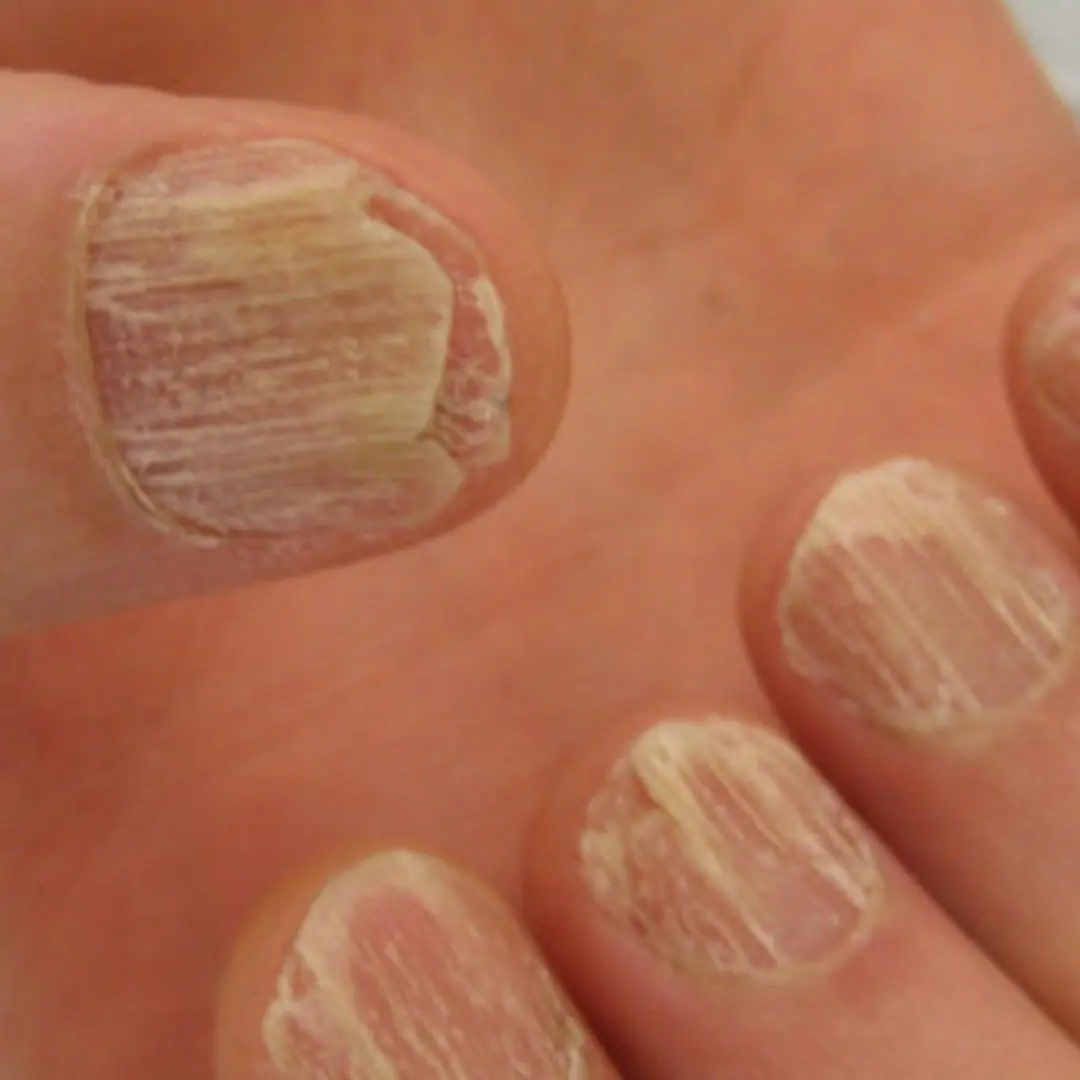
9 Alarming Nail Changes That Reveal Hidden Health Problems — Watch for White Nails and Black Borders

Tofu Is Nutritious and Healthy — But These 4 Groups Should Avoid It
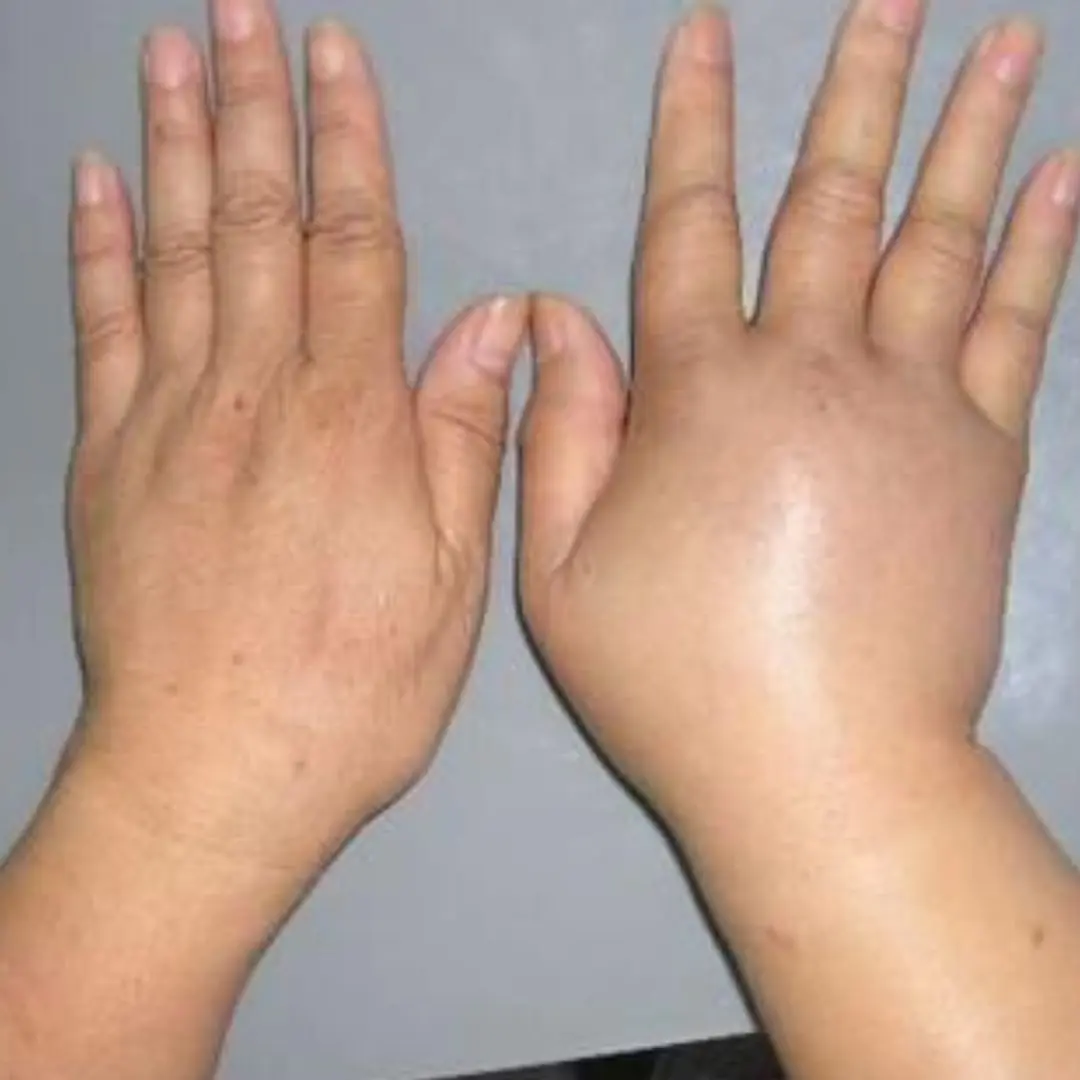
Waking up with swollen hands in the morning could be due to arthritis or some other underlying health problem that needs immediate treatment.

5 warning signs of cancer developing in the body

This One Superfood Could Tackle Major Health Issues—Here’s What You Need To Know
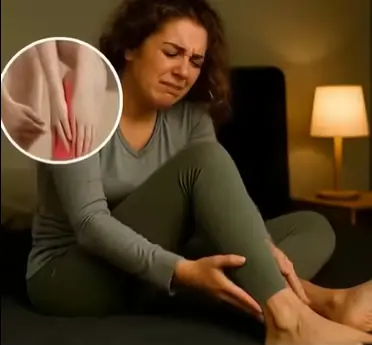
Nighttime Leg Cramps: When to Worry and Seek Medical Help

You Should Never Ignore These 9 Things Your Fingernails Reveal About Your Health

4 Things You Should Never Say At A Funeral — No Matter What

Over 200 People Are Killed By The “World’s Deadliest Food” Every Year, But Almost 500 Million People Still Eat It

Scientists May Have Actually Found One Of The Causes Of Autism
News Post

Why nobody should be eating salmon anymore?

My Aunt Convinced Grandma to Pay for a 'Family Vacation'—Then Dumped Her in a Cheap Motel While She Lived in Luxury but We Had the Last Laugh

My Future In-Laws Told Me to 'Leave Their House' – Too Bad the House Was Actually Mine

The water heater has a "hidden switch". If you open it, it can last for 10 years and is durable without worrying about wasting electricity

Which medical conditions are associated with nausea but no vomiting?

I Noticed Something Odd About the Bride at My Best Friend's Wedding – When I Lifted Her Dress, Everyone Was Left in Shock

Young Woman Dies at 27 from Late-Stage Thyroid Cancer: Doctors Say It's Linked to a Pre-Bedtime Habit

“You Can Take the Guest Room. Or Move Out.”: A Daughter’s Shocking Family Betrayal Turns Into an Unforgettable Twist

Experts Say 3 Major U.S. Regions Face Risk of Tsunamis and Flooding

Why You Wake Up to Pee at Night (and How to Stop It for Good!)

If Your Kidneys Are in Danger, the Body Will Show these 10 Signs

A Type of “Vegan Fat” Rich in Potassium (12 Times More Than Bananas), Protein Equivalent to Eggs

Grandparents’ Advice: Keep These 5 Things Out of Your Home or Misfortune Will Follow

What Happens to Your Body When You Regularly Eat Banana Blossoms?

Too many geckos in the house, here's a little trick to make them 'go away and never come back
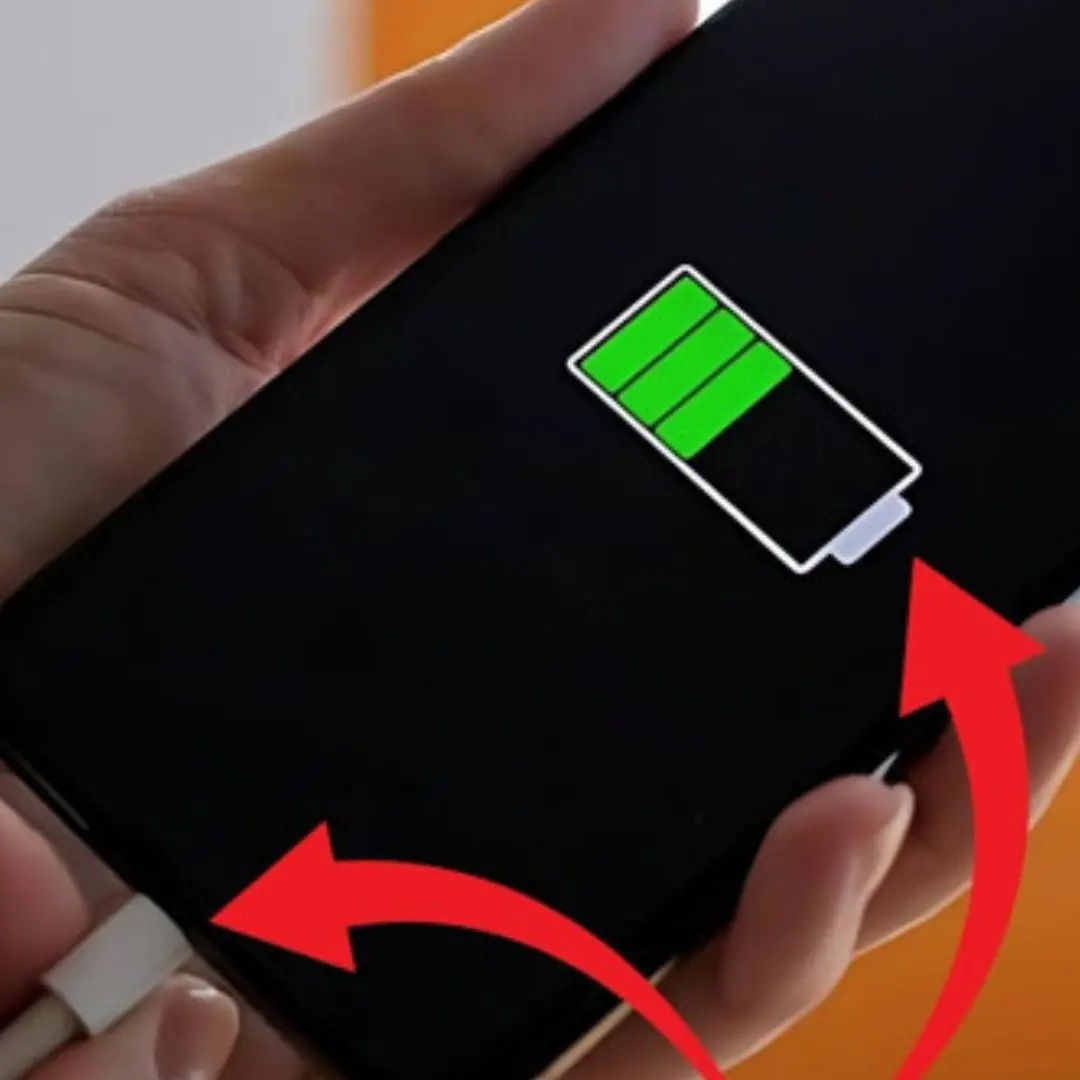
When should you charge your phone: this is the number that helps the battery last longer and not wear out

If you see a piece of beef with these 3 characteristics, absolutely do not buy it

My Brother's Fiancée Was My Childhood Bully — So I Gave Her a Wedding Gift She'll Never Forget
